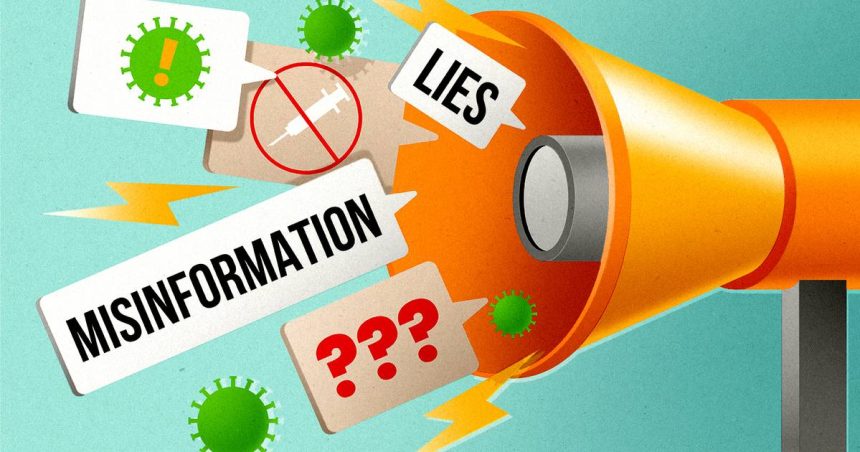Get marketing news you’ll actually want to read
Marketing Brew informs marketing pros of the latest on brand strategy, social media, and ad tech via our weekday newsletter, virtual events, marketing conferences, and digital guides.
Ads that run on websites that make the C-suite blush are the ad industry’s ouroboros, a seemingly unsolvable problem that circles back around again and again.
And here we are once more: Two-thirds of advertisers unknowingly bought ads on websites deemed to contain “misinformation” between 2019 and 2021, according to researchers at Stanford and Carnegie Mellon who published their findings in science journal Nature earlier this month.
- Advertisers subsidized more than three-quarters of websites considered to contain misinformation by publisher rating company NewsGuard and the Global Disinformation Index, the researchers found.
- More than half (55%) of the 100 most active advertisers appeared on misinformation websites in that timeframe.
The study involved 9 million ads from more than 42,500 advertisers on 5,400 websites
Programmatic advertising, where advertisers bid on users and not the content ads appear next to, has for years resulted in ad placements on content deemed to be brand-unsafe, including Russian propaganda or fake news publishers.
Lately, though, concerns about ad dollars funding misinformation have taken a bit of a back seat to concerns about made-for-advertising, or clickbait, sites. Last year, a report from the Association of National Advertisers estimated that some $10 billion was wasted in the five months between September 2022 and January 2023.
The researchers from Stanford and Carnegie Mellon found that ad execs may not be particularly concerned about misinformation. They surveyed “decision-makers,” including CEOs and CMOs, and found that only 41% believed “consumers react against companies whose advertisements appear on misinformation websites.”
That suggests, the researchers wrote, “that decision-makers believe that advertising on misinformation websites is probably commonplace…and has limited consequences for the companies involved.”
Read the full article here










